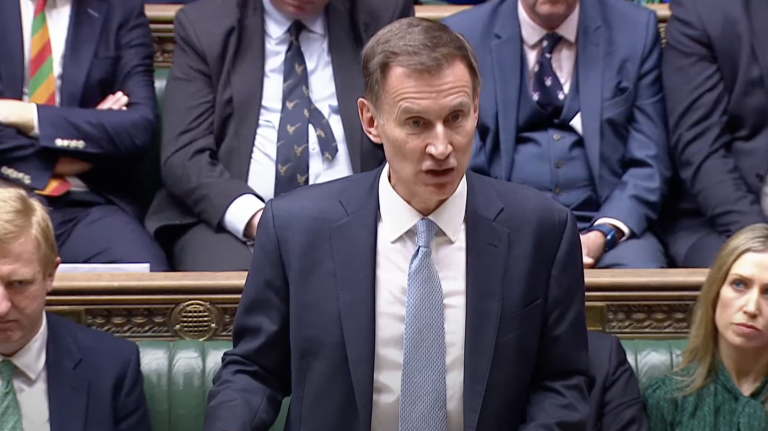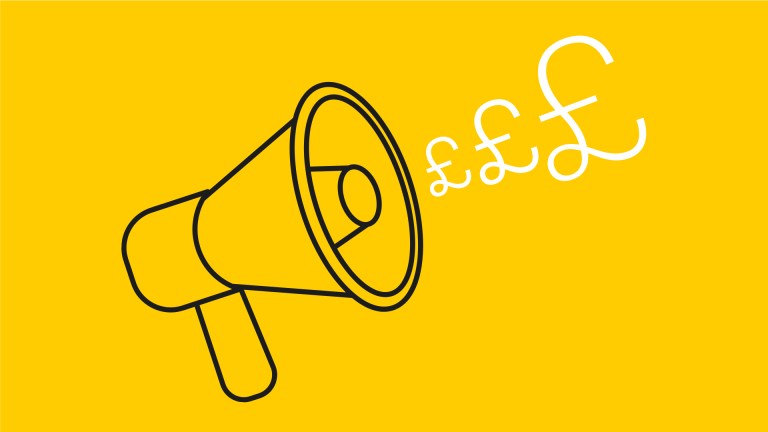Neil continues: “Key industry players are collaborating to deliver inclusive solutions that benefit the individual – not just the bank. It is our duty, now and in the future, to address these issues and pioneer payment services for the unbanked. Ultimately creating a level playing field where everyone has access to financial products and services that allow them to manage their money.”
Pockit is one of a number of fintechs working with GPS to deliver inclusive solutions. Pockit CEO Virraj Jatania says: “We feel passionately that financial inclusion is an issue worth solving and that technology is the best way to achieving that. Pockit provides a means of payment, including a Mastercard and online account, which is available to all, regardless of income, credit score or circumstances. It means, in effect, that anyone can now access a fair way to pay bills, shop online, and send money to friends and family.
The one-size-fits-all approach banks use to verify potential customers has left millions in the UK without access to basic financial services. Fortunately, technology has provided companies like Pockit with high-tech means of proving who customers are. And, because we don’t carry the cost of branches, back office and other infrastructure, the savings are passed on to our customers – everything is either free or costs just 99p.
While fintechs have kickstarted the change, long-established influential players like Mastercard and Bacs are continuing the momentum.
Consumers first
Anne Pieckielon, Director of Product and Strategy at Bacs, says: “We are passionate about ensuring better outcomes for all. As the organisation behind Direct Debit and the Current Account Switch Service, we have a responsibility to use our unique position at the centre of UK payments to influence positive change.
“Just last month, we partnered with the Social Market Foundation to investigate how the market is working for vulnerable consumers. The research identified three core groups who are especially challenged: the digitally excluded, repeat overdraft users and the unbanked, recognising that we could all be vulnerable at any point in our lives, due to market or personal changes.
“Policymakers must establish improved measures for assessing whether progress is being made for these vulnerable groups. There must also be an acceptance that those working across the payments and financial services industries have a crucial role to play in putting the needs of consumers first.
Collaboration and innovation are essential to realising the step-change we all want to see
“Collaboration and innovation are essential to realising the step-change we all want to see. The potential of initiatives such as open banking and the Second Payment Services Directive (PSD2) must be fully exploited as a catalyst for a greater inclusion.”
Steve Shirley adds: “Mastercard has supported more than 200 public sector organisations including local councils and NHS clinical commissioning groups in disbursing welfare payments into prepaid accounts. Now, over half a million more people in the UK can participate in the digital world.
“Prepaid programmes have bank account numbers and sort codes which provide Direct Debit and Standing Order capability and a virtual wallet to facilitate ring-fencing of funds.
“Mastercard also supports our many customers, who have delivered financially inclusive solutions for different groups; whether they be for households with low incomes, the young and the old, people with poor credit histories, with disabilities, mental health problems or homeless.
“The Emerging Payments Association, through its Inclusion Project, has reinforced the lobbying of the Financial Inclusion Commission. Mastercard supports both organisations and, like
them, have also given evidence to the House of Lords Select Committee on Financial Exclusion.
“With the combined efforts of those around the table and the wider industry, we must ensure that all UK citizens have access to digital payment solutions.”









